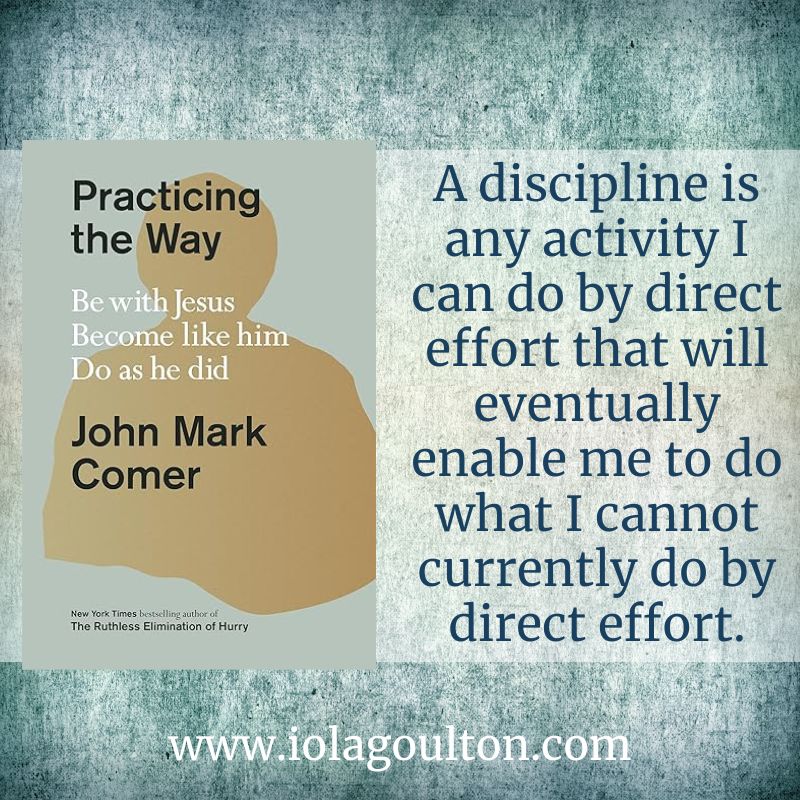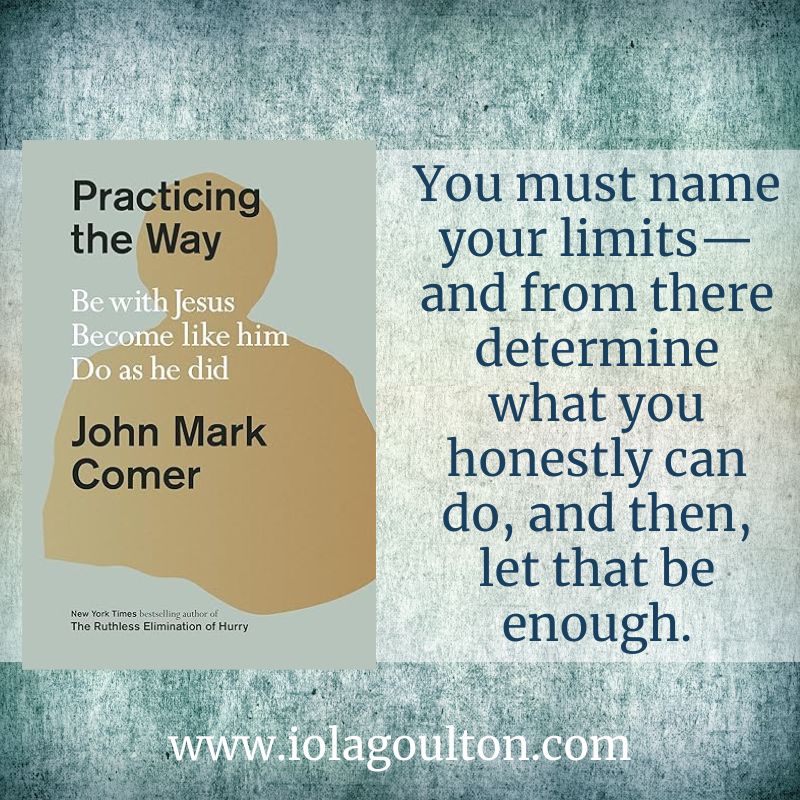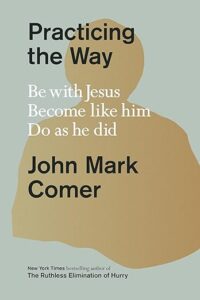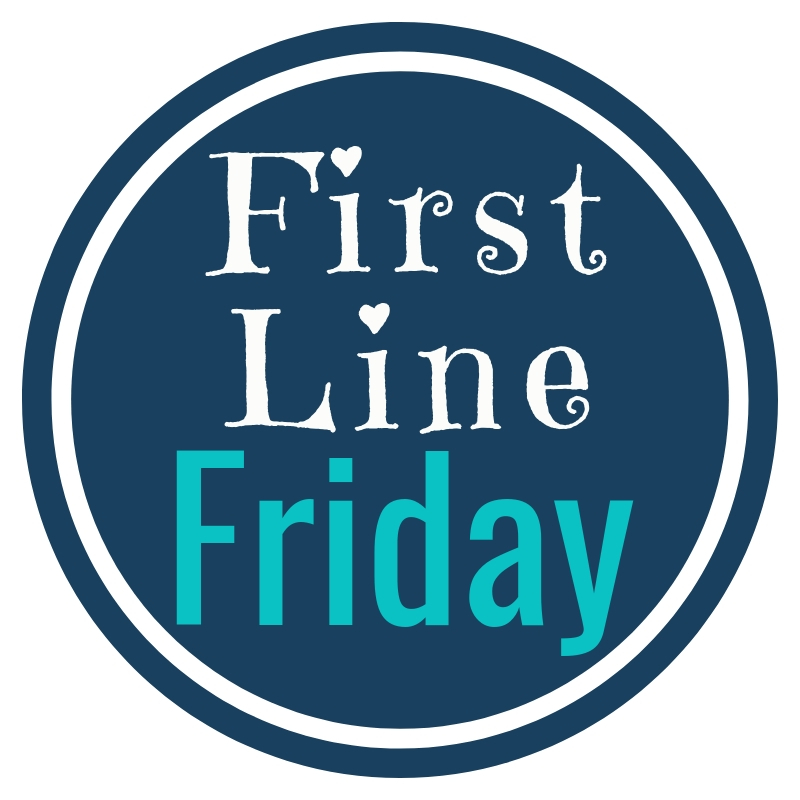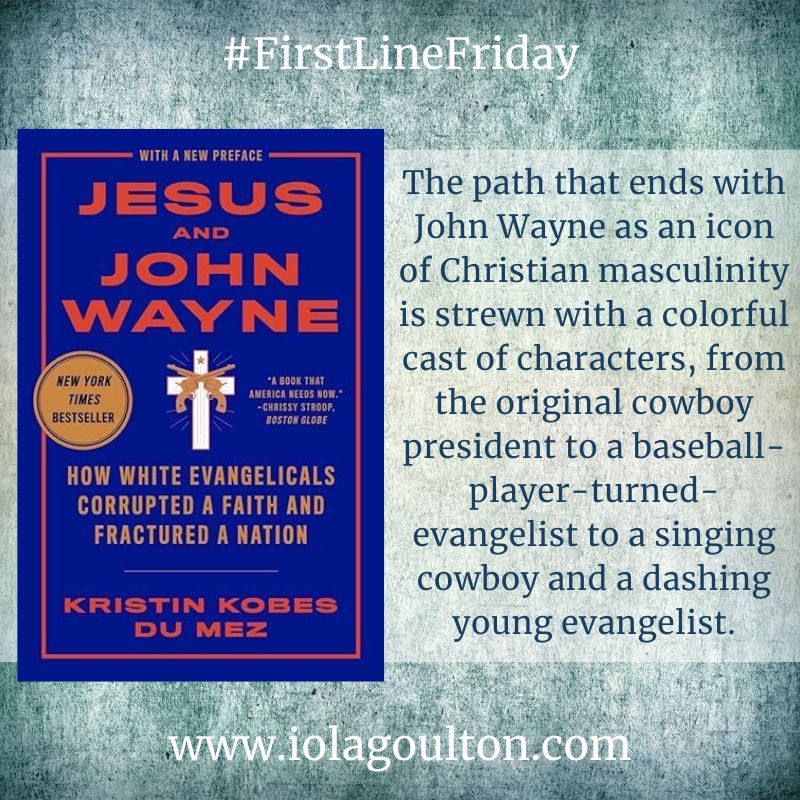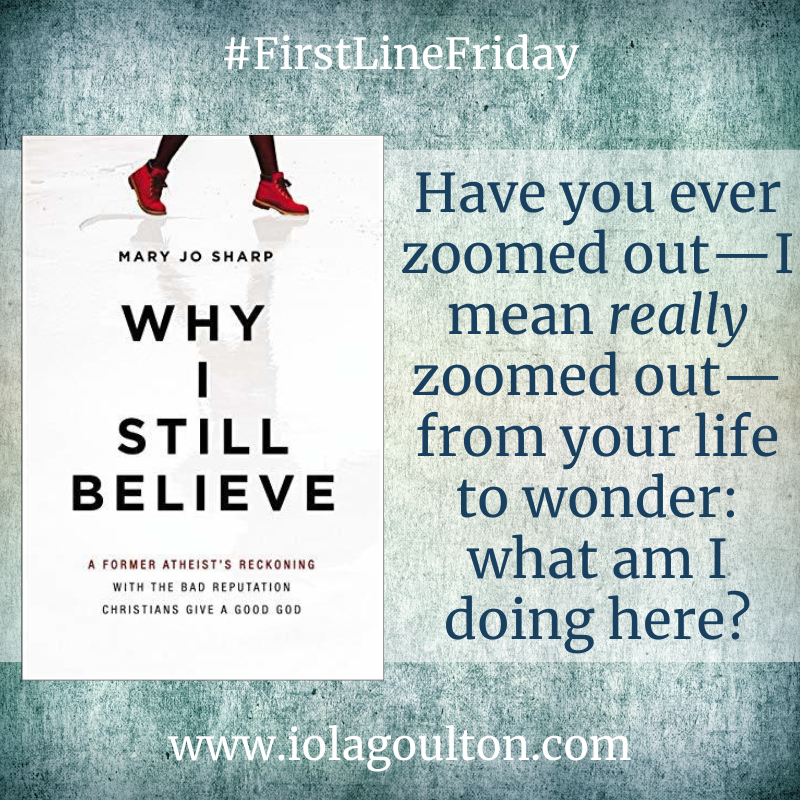This question was harder to answer than it should have been.
I read a lot of books. And the more books I read, the harder it is to find stories that stick in my memory after I’ve closed the book (or switched off the Kindle.
The title that sprang to mind for this question isn’t a book I’d normally read, but I’ve seen it mentioned online and have been waiting for it to come on sale on Kindle. Then I saw it at my local library, so checked it out.
It’s not fiction.
It’s not Christian (although the author is a Christian).
It’s nothing like the books I usually read and review.
It’s Jesus and John Wayne by Kristen Kobes Du Mez
(which I did recently feature in a First Line Friday post).
Jesus and John Wayne is probably best described as a history textbook, showing how the modern church has, step by tiny step, morphed the collective understanding of Jesus from the man who healed the sick and ate with sinners to some kind of nationalistic patriarchal authoritarian who was the opposite of politically correct.
Like John Wayne.
Yet Jesus was nothing like John Wayne. Jesus stood up for women, for widows (the single parents of his day), for orphans, for the oppressed, for the immigrants, the refugees (Jesus himself was a refugee in Egypt).
Du Mez makes a compelling argument for how the US Christian church has come to misinterpret Jesus by conflating him with people like John Wayne, and how that has hurt the church in the USA (I would add that it’s hurt the church globally).
You might not agree with everything she says, but it’s a well-researched and strongly written case, and well worth taking the time to read.
It might just make you think.


